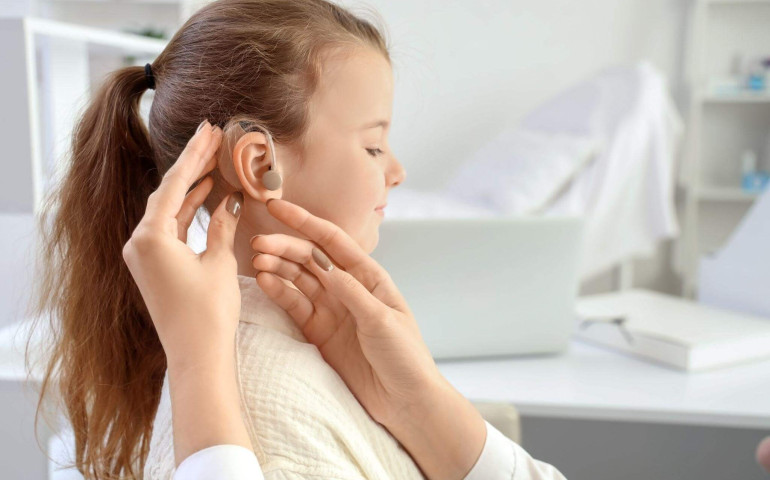Scientists still don’t have a complete understanding of dementia. Today, millions of people around the world are living with this mental disorder. The good news is, while we don’t have the list of sure causes yet, the medical field has been able to identify elements that show connections to the disease.
Get a hearing aid.
That’s only if you need one. There’s no concrete explanation yet, but research shows there seems to be a correlation between hearing loss and the decline of cognitive functions. Experts argue this may be due to the fact that hearing provides a lot of intellectual stimulation. Data also reveals preserving your hearing between your mid-forties to mid-sixties can reduce the chances of developing dementia.
Take care of your heart.
Straining your circulatory system causes your brain neurons to degenerate. High blood pressure and heart problems increase the risk of memory loss and loss of cognitive abilities such as with dementia. When problems with blood flow arise, the oxygen carried by the red blood cells fail to reach the brain.
Quit smoking.
Smoking causes two problems which further contribute to dementia. First is its ill effects on the cardiovascular system or the heart and the blood vessels, otherwise known as the circulatory system. Second is its adverse effects on the lungs. The brain becomes increasingly deprived of the oxygen it needs to work properly.
Exercise regularly.
Living an active lifestyle has several health advantages. In preventing cognitive disabilities, exercise reduces cortisol levels, lowering chances of blood vessel-related health issues. It also encourages the growth of memory neurons.
Monitor your blood sugar.
Diabetes can increase the chances of dementia greatly because of the loss of control over blood sugars. When a person has diabetes, the excessive amounts of sugar are transported to other parts of the body, eventually damaging them. That could also include the brain.
Have social interaction regularly.
There’s no solid evidence, but science has observed that social isolation is linked to dementia. It also give rise to other factors that cause or are believed to be connected with the mental degeneration such as cardiovascular health problems and depression. In social isolation and depression, neuron growth is slow and underdeveloped with the latter increasing stress levels.
Don’t stop learning.
Actively look for methods to stimulate your brain. This adds to your brain’s “cognitive reserve,” which is your mind’s ability to improvise and come up with alternate means to achieving a goal. The cognitive reserve is also your brain’s defense against attacks on mental health. Challenging your mental abilities has its good effects on your brain’s ability to function in the long run.
Addressing factors contributing to dementia would reduce chances of developing it later by more than a third. Although the number of people suffering from it was supposedly expected to increase greatly in a few decades, there has been a decline in reported cases in the recent years. It’s a good indicator that mankind is getting closer to a solution, and eventually, better prevention.
For more information on preventing dementia and other diseases, contact Beltone DFW at (888) 958-8432.






